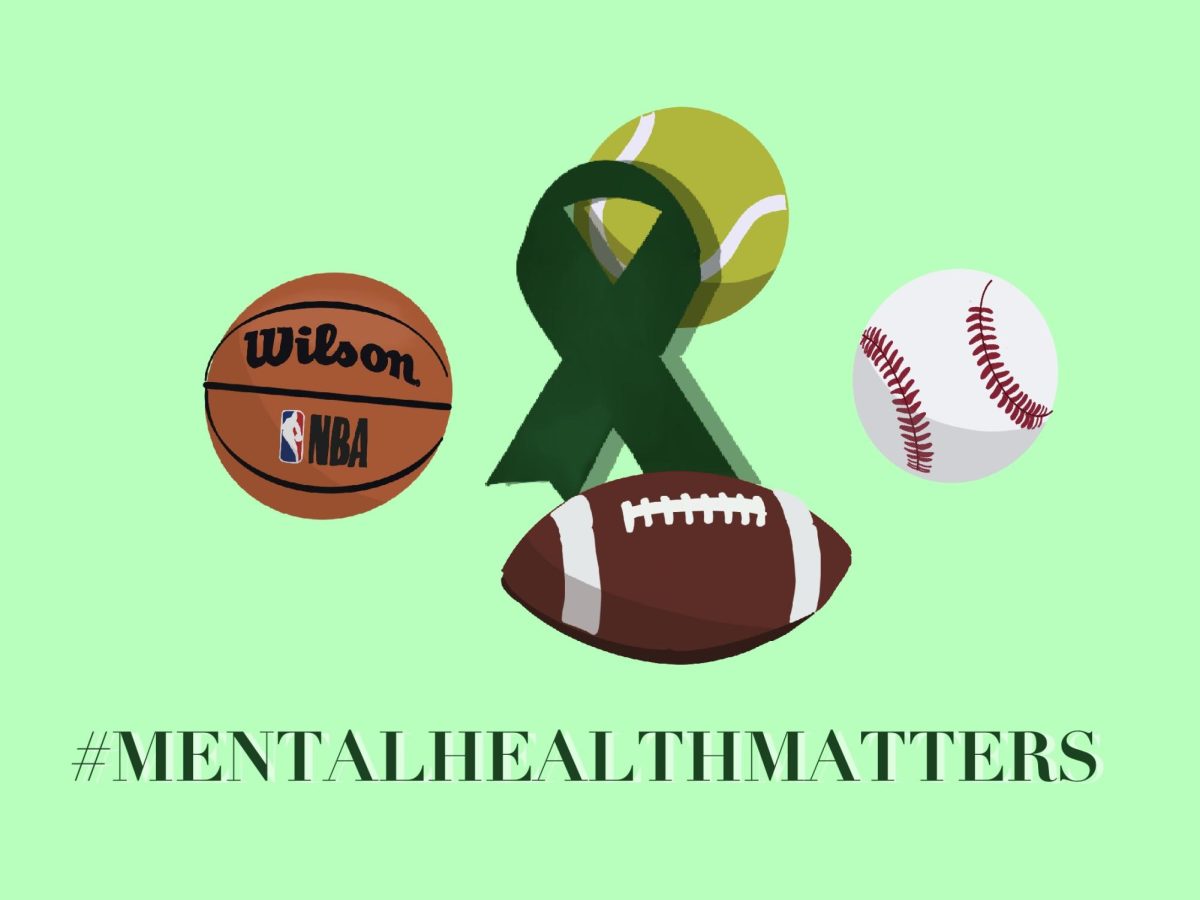With midterms on the horizon, it’s time to buckle down and create a solid study plan. By using these strategies, you’ll be in a strong position to tackle your exams.
To start, you need to know exactly how the midterms work. Each midterm is worth 10 percent of your final grade in each class you take. The midterms are longer assessments than normal, with each test spanning a 90 minute block. They typically include all of the content you’ve absorbed in the year so far.
Midterm exams come in multiple forms: projects, exams, presentations, and anything else a teacher might come up with. Most teachers give a test based exam for their midterm, but projects are also pretty common. The goal of midterms is to make sure the class understands everything that has been taught so far, and that the lessons are being taught in an effective way.
With all the stress that comes with the midterms, it’s very important you go into it with confidence in yourself and your skills, so you have less stress and perform better when taking the exam. Confidence in your skills will be crucial in remembering the material you learned, and keeping your mind clear of things like doubt or discouragement.
The way to build your confidence up before the exam is with a healthy study plan, starting with strong study strategies that you can stick to:
The 25-5 study method
The first strategy is a 25-5 study time. This is when you study for 25 minutes and then take a five minute break, you repeat this until you feel you have covered all the material and then move on.
This method will help you keep a schedule and will also make sure you don’t get distracted while studying.
Study in groups
Another strategy to keep in mind is a study partner or group. Although this might not be an option in certain situations, a study partner or group can help keep you disciplined and encouraged throughout the process. Friends can quiz you and help you learn material you may not understand. You can also complete study guides in these groups to help prepare you for what type of questions may be on the exam.
Sleep habits
Getting a good night’s sleep the night before exams is equally as important as these strategies. Getting an adequate amount of sleep is known to help your brain form new memories and pathways for learning, which can improve concentration and your ability to focus and pay attention to detail. Good sleep will also help eliminate fuzzy thinking and restore clarity.
Healthy Eating
Eating a good breakfast will also help you succeed. Studies have shown that by eating a good meal and drinking water, you increase your chances of performing better during exams. Staying hydrated keeps you from feeling tired and getting headaches, while also increasing alertness and concentration. The best food to eat before exams is slow release carbs with high protein foods, like milk, yogurt and eggs.
Exams may seem daunting and induce anxiety, but if you stay focused, study your material, get a good night sleep, and eat a good breakfast, then your efforts will be reflected in your exams. Stay relaxed and confident and you will surpass all expectations. Good Luck!












![The Volleyball team poses after their win. [Photo courtesy of GHS Volleyball]](https://thegillnetter.com/wp-content/uploads/2025/10/IMG_6936.jpg)



















